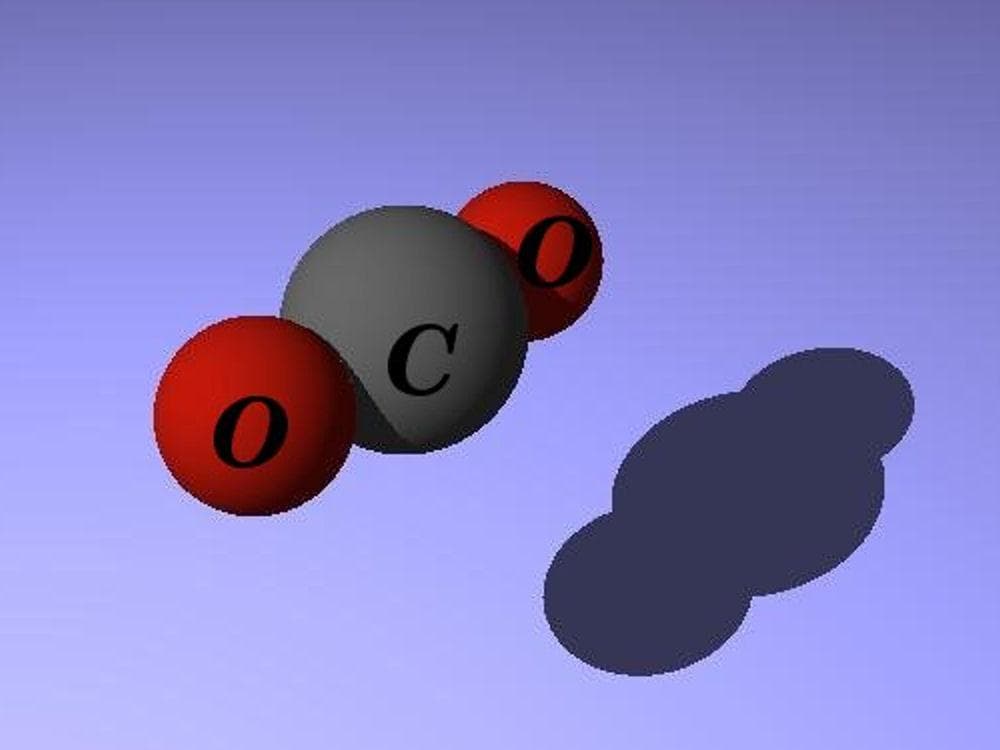The Social Cost of Carbon (SCC) is an estimate of the present value of the societal cost of the emission of one ton of carbon dioxide. The SCC is estimated using Integrated Assessment Models, none of which has been validated and verified. The models are run using a range of estimated values for climate sensitivity, since the actual climate sensitivity to a doubling of atmospheric CO2 concentration is unknown. The present value of estimated future costs is calculated using a range of discount rates since the real discount rate is also unknown. As a result of the range of unknowns involved in the estimation process, SCCs ranging from -$13.36 - +$2386.91 per ton of CO2 (-$50 - +$8752 per ton of carbon) have been developed by various analysts.
There are currently no documented actual costs which have resulted from the increase in atmospheric CO2 concentrations from 270 ppmv to the current ~410 ppmv. There are also no documented financial benefits which have resulted from the higher atmospheric CO2 concentrations. However, the greening of the earth documented by NASA satellite observations is largely attributed to the increased CO2 concentrations, which have contributed both to more rapid plant growth and more efficient plant use of available water. Experimental results and long-term commercial greenhouse practices have documented to the effects of even higher CO2 concentrations on plant productivity.
A study by Dr. Indur M. Goklany identifies the various beneficial impacts of increased atmospheric CO2 concentrations and suggests that: ” It is very likely that the impact of rising carbon dioxide concentrations is currently net beneficial for both humanity and the biosphere generally. These benefits are real, whereas the costs of warming are uncertain. Halting the increase in carbon dioxide concentrations abruptly would deprive people and the planet of the benefits of carbon dioxide much sooner than they would reduce any costs of warming.”
Analysis of the modest recent warming, widely attributed to increased CO2 concentrations, demonstrates that approximately 60% of the warming has manifested as warmer low temperatures, rather than as higher maximum temperatures. This suggests that the projected adverse effects on those working in unconditioned environments would not be as severe as some have projected.
The uncertainties regarding the SCC resulting from the application of multiple unverified and unvalidated climate models using multiple Resource Consumption Pathways, multiple inconsistent Integrated Assessment Models and widely varying discount rates strongly suggests that the SCC is currently not fit for use as the basis for government climate policy. The possibility that the current SCC is low, or even negative, also strongly suggests that there is no “climate crisis’ and that there remains time to resolve the uncertainties in the science before committing to massively expensive, societally disruptive programs.
The societal benefits resulting from the various uses of fossil fuels are clear and compelling. The developing nations are well aware of those benefits and are clearly unwilling to sacrifice them.
